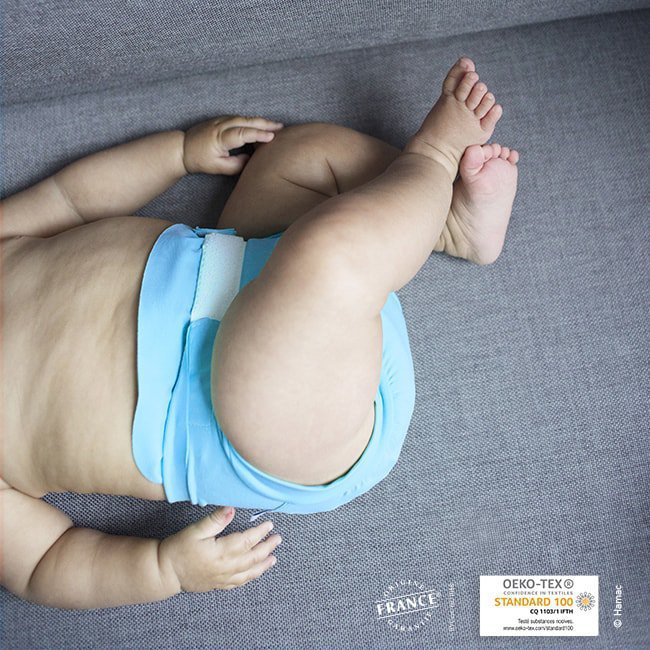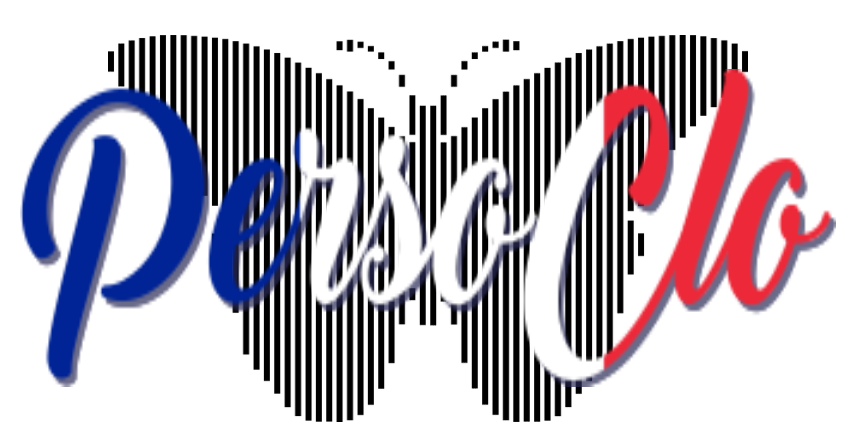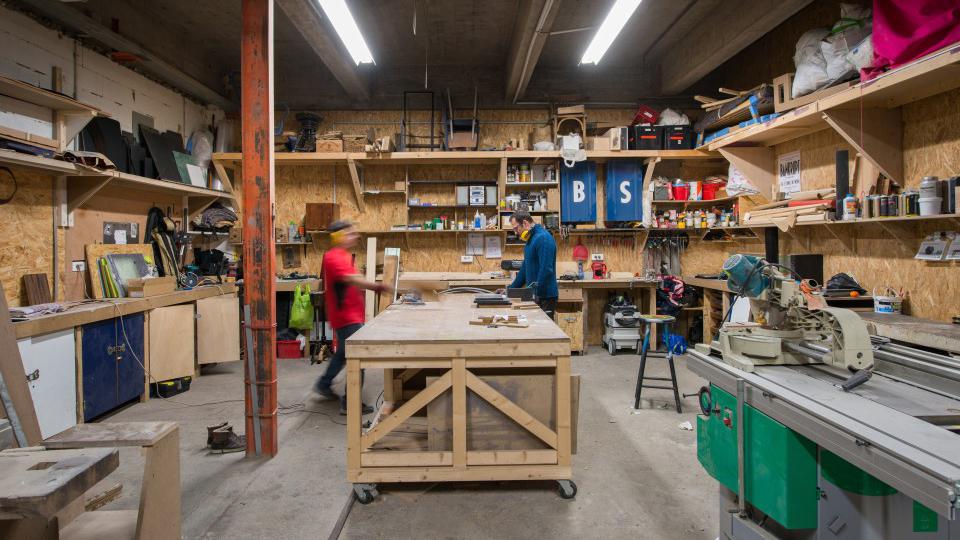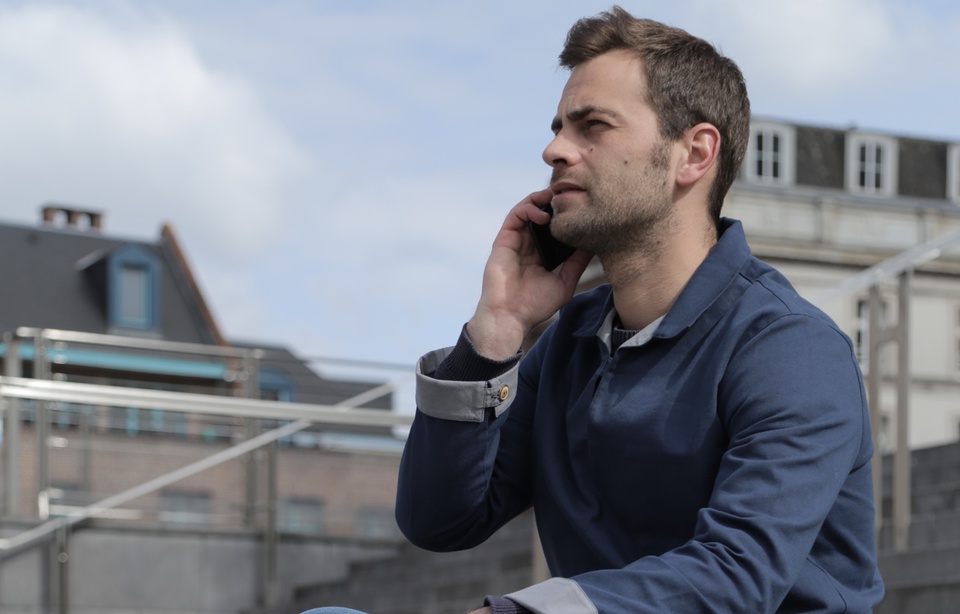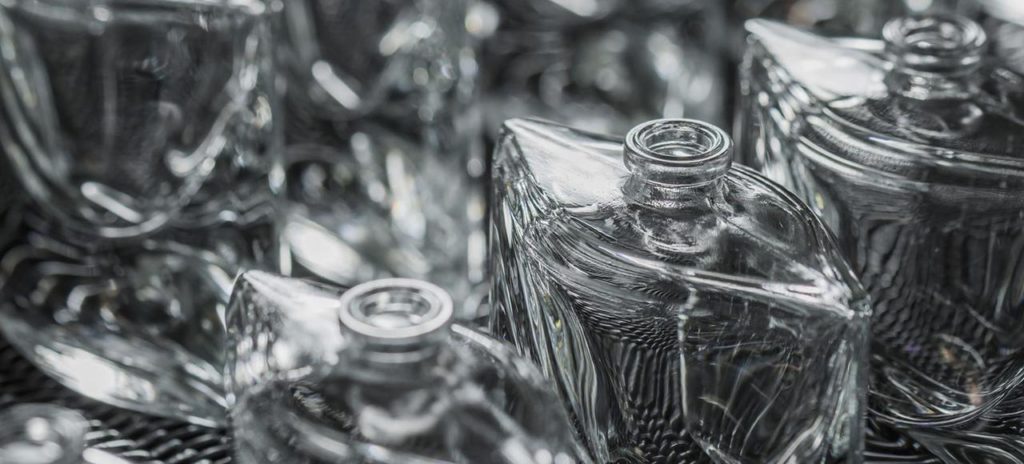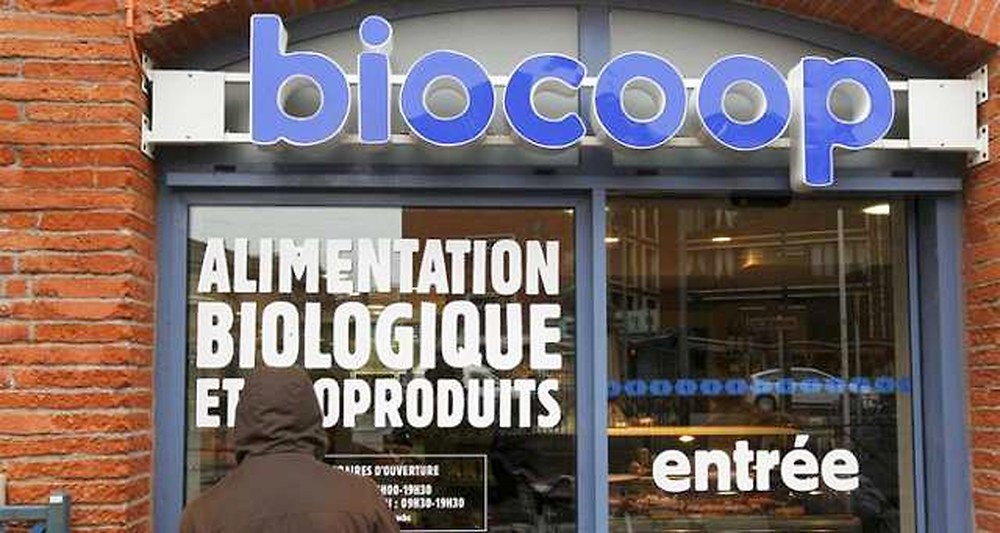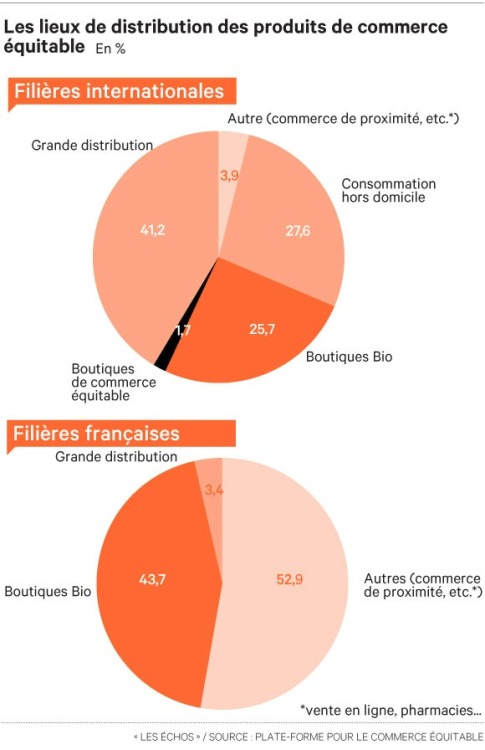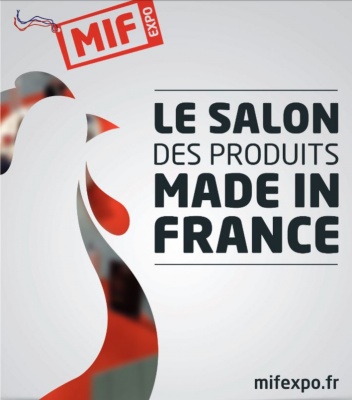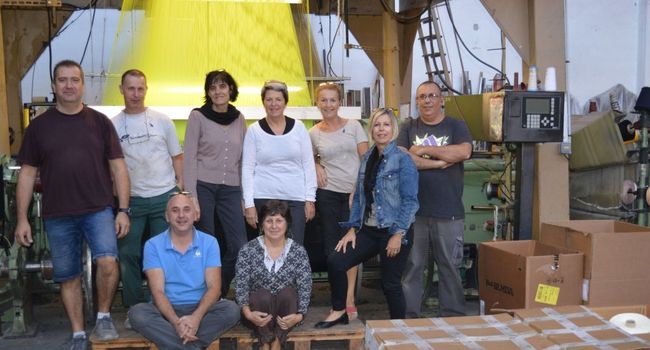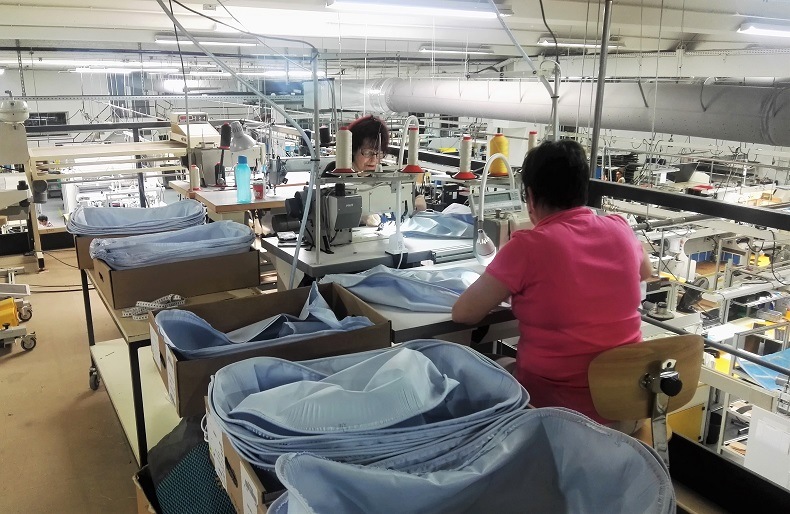C’est une alternative plus saine et plus durable : la location de couches lavables et réutilisables.
Ma petite couche propose un service de couches lavables à la location, que l’on peut modifier au fur et à mesure de la croissance de son enfant. Petit plus, celle-ci s’accompagne d’un service de collecte dans le Sud-Ouest parisien,
